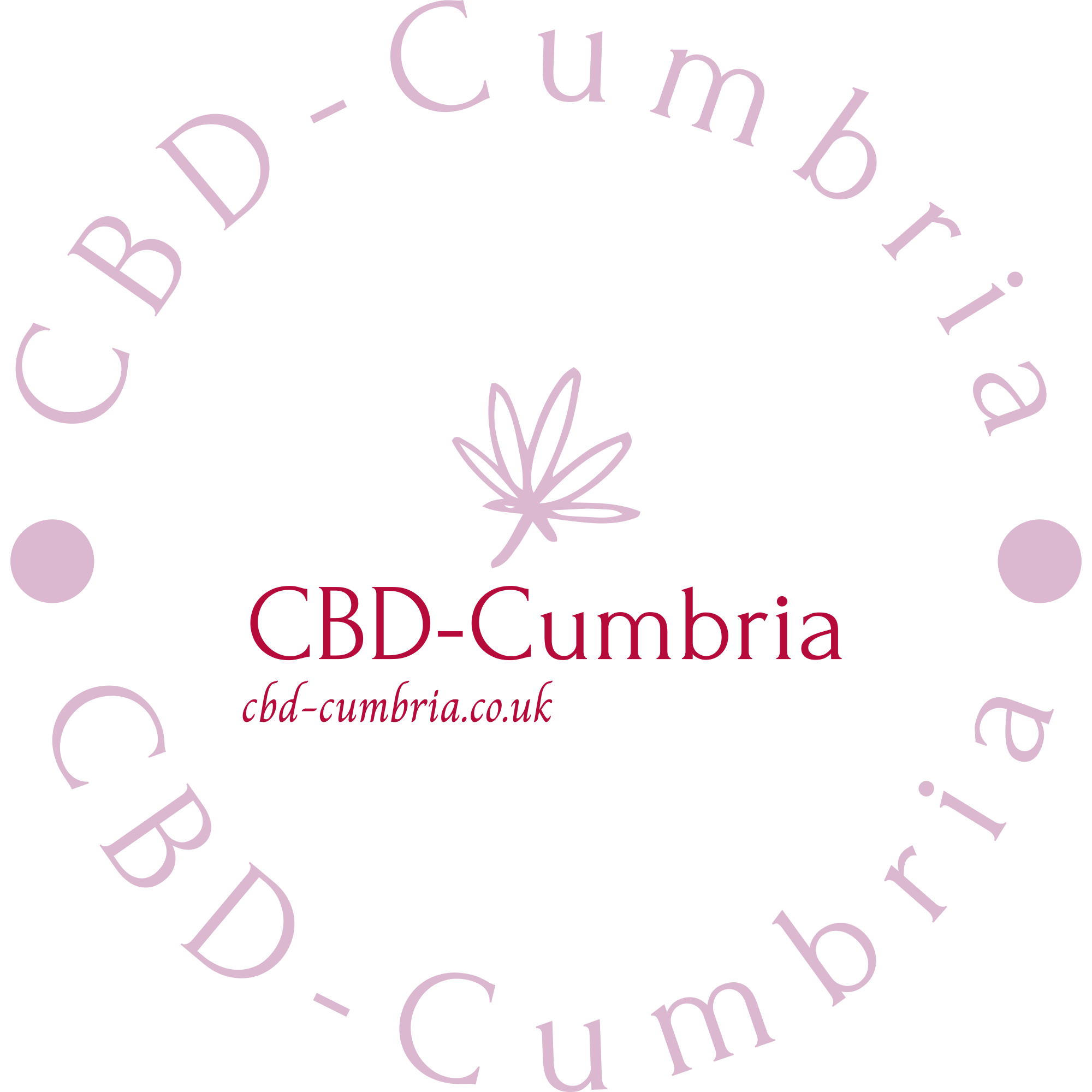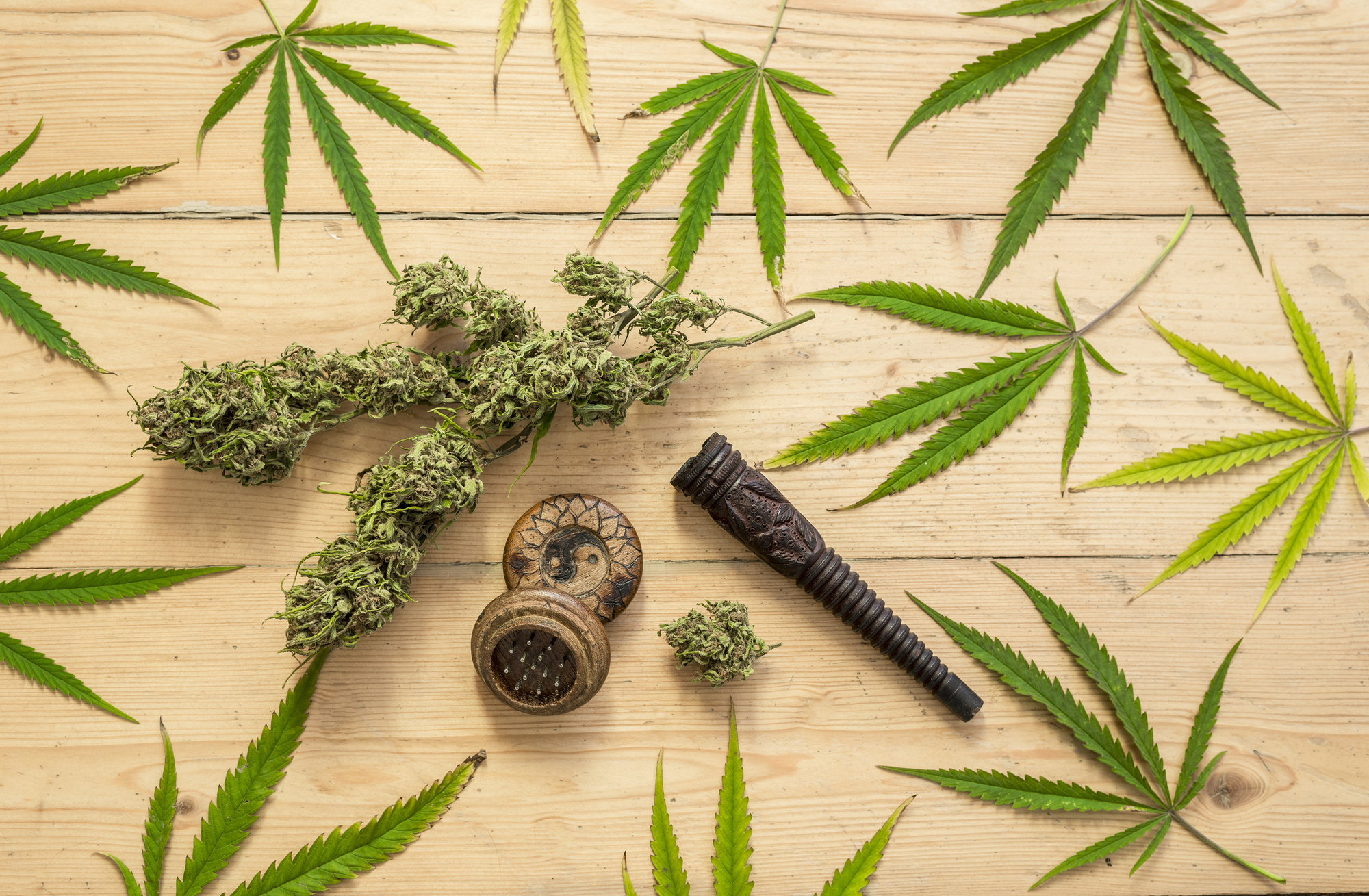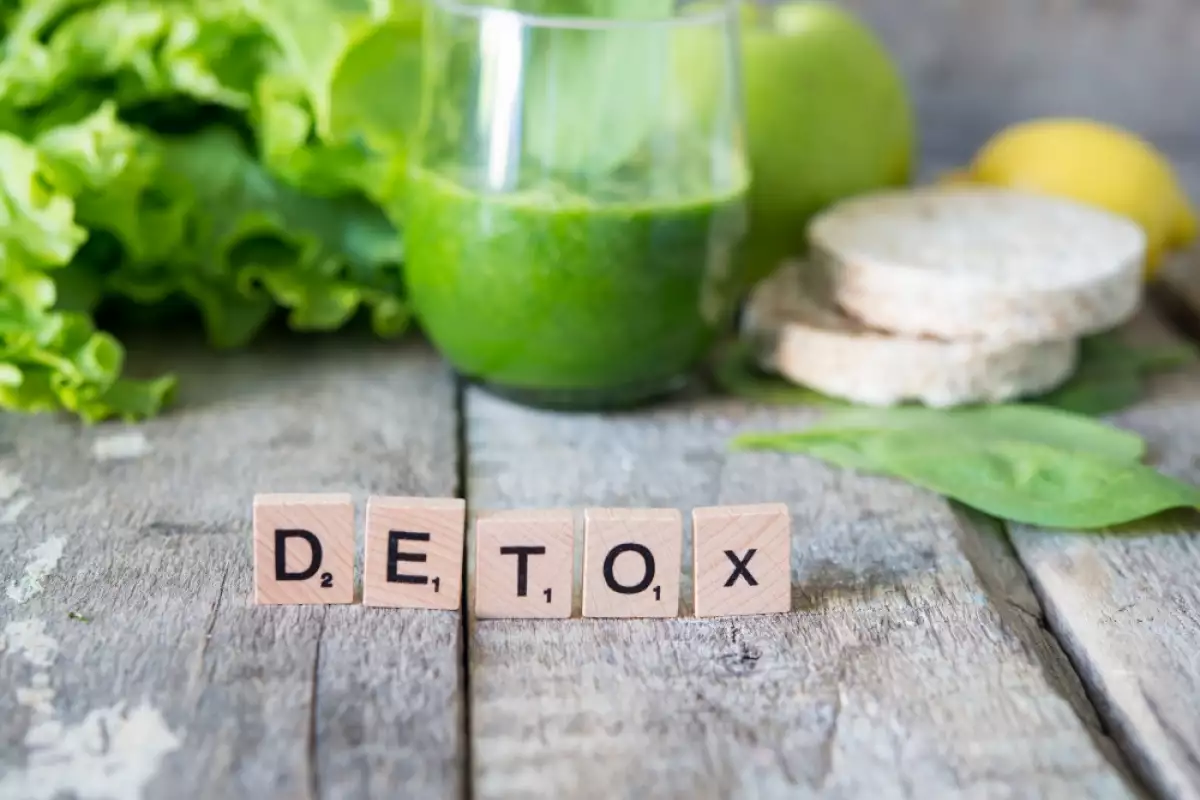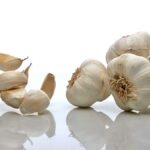Detox diets have surged in popularity, promising to purge toxins from the body, promote rapid weight loss, and offer a host of health benefits. However, the efficacy and safety of these diets are subjects of debate among health professionals. This guide will explore the concept of detoxification, examine four popular detox diets, and explain why they might not be as effective as claimed. Additionally, it will address frequently asked questions regarding detox diets and their impact on health.
Understanding Detoxification
Detoxification refers to the body’s natural process of neutralizing and eliminating toxins. Toxins are substances that can potentially harm body tissue, including waste products that result from normal cell activity (like ammonia, lactic acid, and homocysteine) and external chemical compounds from the environment that the body cannot use (like pesticides, drugs, and heavy metals).
The body’s main detoxification systems include the liver, kidneys, digestive system, skin, and lungs. These systems constantly process substances that the body can use or excrete. The liver plays a crucial role by filtering blood to remove large toxins, synthesizing and secreting bile full of cholesterol and other fat-soluble toxins, and enzymatically breaking down unwanted chemicals.
The Popularity of Detox Diets
Despite the body’s efficient self-cleaning system, detox diets have become increasingly popular. They often involve a period of fasting followed by a strict diet of fruits, vegetables, fruit juices, and water. Some also include herbs, teas, supplements, and colon cleanses or enemas. They promise to:
- Flush toxins from the body
- Promote weight loss
- Improve health and energy levels
Four Popular Detox Diets
Juice Cleanses
Often consist of consuming only fruit and vegetable juices for 1 to 10 days. The idea is to give the digestive system a break and to flood the body with nutrients.
Master Cleanse
A liquid-only diet that consists of a lemon juice, maple syrup, cayenne pepper, and water concoction consumed for 10 days. Solid food is avoided entirely.
Detox Teas
Marketed as a way to detoxify the body, lose weight, or boost metabolism. These teas often contain caffeine and diuretics.
Commercial Detox Diets
These may involve meal replacement shakes, pills, or pre-packaged foods designed to supposedly support the body’s natural detoxification processes.
Why Detox Diets Don’t Work as Advertised
Lack of Scientific Evidence
There is little scientific evidence supporting the claims that detox diets remove toxins from the body. The kidneys and liver effectively filter and eliminate most ingested toxins.
Potential Health Risks
Detox diets, especially those involving extreme fasting or excessive consumption of liquids, can lead to nutrient deficiencies, muscle loss, and heart problems. They may also cause dangerous imbalances in body electrolytes.
Misinterpretation of Symptoms
The weight loss experienced on a detox diet is often temporary and mostly due to loss of water and fecal matter. Initial feelings of euphoria and increased energy are typically short-lived and can give a misleading impression of improved health.
Unrealistic Long-term Solutions
Detox diets offer a quick fix rather than promoting sustainable lifestyle changes that would lead to long-term health improvements. Healthy eating, regular exercise, and adequate hydration are more effective for maintaining health.
Addressing Toxin Exposure
The most effective way to reduce toxin exposure is to avoid known toxins and substances as much as possible rather than attempting to remove them after exposure. This includes:
- Eating a diet rich in fruits, vegetables, whole grains, and lean proteins
- Limiting processed and high-fat foods
- Reducing alcohol and tobacco consumption
- Avoiding environmental toxins when possible
FAQs About Detox Diets
Can detox diets cleanse my liver?
The liver is naturally capable of cleansing itself. No scientific evidence supports the need for detox diets to cleanse the liver.
Are detox diets a good way to lose weight?
While detox diets may lead to temporary weight loss, they are not a sustainable or healthy long-term weight management strategy.
Can detox diets remove heavy metals from my body?
Most detox diets do not significantly impact the removal of heavy metals. The body has its mechanisms, primarily through the liver and kidneys, for filtering out and excreting heavy metals.
Are there any benefits to detox diets?
Some people may experience short-term benefits, such as feeling more focused or energized, but these benefits are often due to eliminating processed foods and increasing fruit and vegetable intake rather than the detox process itself.
Can detox diets be harmful?
Yes, detox diets can be harmful, especially if followed for extended periods. They can lead to nutrient deficiencies, muscle loss, and other health issues.
What’s the best way to detoxify my body?
The best way to support your body’s natural detoxification process is through a balanced diet rich in fruits, vegetables, whole grains, and lean proteins; regular physical activity; staying hydrated; and avoiding known toxins and pollutants.
Are any detox methods scientifically supported?
Certain medical treatments are designed to remove heavy metals and other specific toxins from the body, but these are overseen by medical professionals and based on specific medical needs, not general detoxification claims.
In summary
while the idea of detoxifying the body through special diets may sound appealing, the concept lacks scientific backing and can potentially lead to adverse health outcomes. The body’s natural detoxification systems are incredibly efficient at removing toxins. Maintaining a healthy lifestyle is the most effective way to support these systems and achieve long-term health and wellness.




